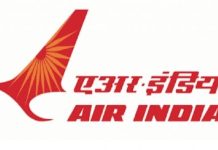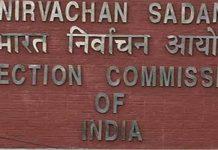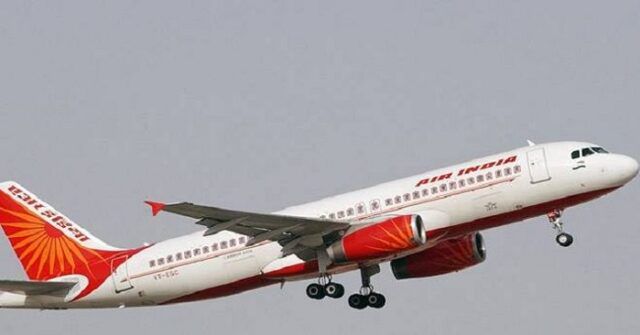In response to the recent aircraft incident in Ahmedabad, the Directorate General of Civil Aviation (DGCA) has mandated enhanced safety inspections for all Boeing 787 aircraft operating in India. The decision follows the preliminary findings of an ongoing investigation, which has so far ruled out both bird strikes and pilot error as contributing factors in the event.
Initial analysis suggests that there was no evidence of a bird collision or the presence of bird remains near the affected aircraft. Additionally, the aircraft was not overloaded, and the cockpit crew’s actions prior to the incident were found to be in line with standard operating procedures.
Despite these findings, both engines of the aircraft reportedly failed shortly after takeoff—an extremely rare occurrence in aviation. As a precautionary measure, the DGCA has required that all Boeing 787-8 and 787-9 series aircraft undergo mandatory inspections in accordance with updated safety protocols. Operators must submit detailed inspection reports to the DGCA, and flights will only be permitted to operate upon satisfactory clearance.
The aircraft’s black box has been sent to a forensic science laboratory for thorough analysis. The data from the flight data recorder and the cockpit voice recorder is expected to provide further insights into the sequence of events that led to the failure.
The Aircraft Accident Investigation Bureau (AAIB) is leading the inquiry with support from international experts, including teams from the United Kingdom and the United States. Their involvement is expected to bolster the technical and forensic aspects of the investigation, which remains ongoing.
Authorities have stated that a conclusive determination of the cause can only be made after all technical data, including black box analysis and aircraft debris assessment, has been fully reviewed.




























